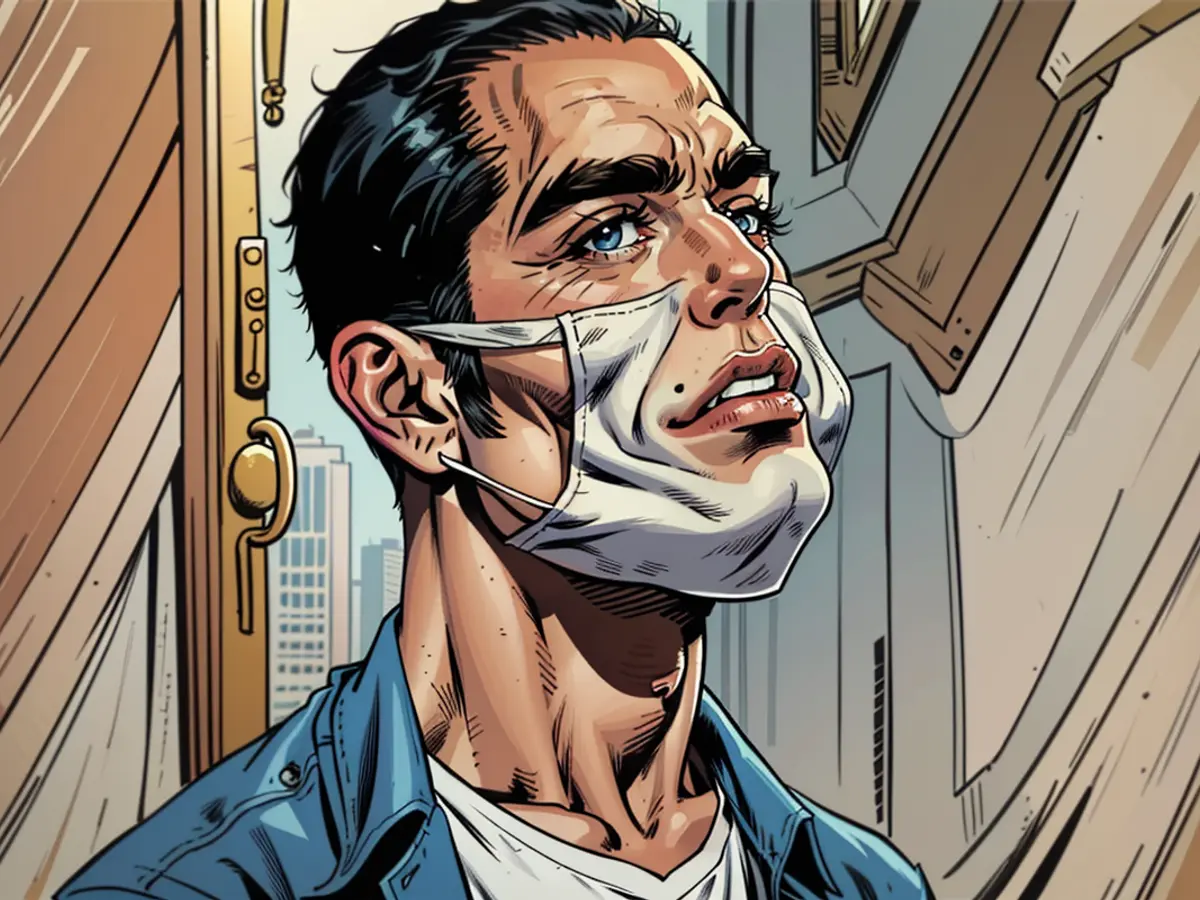Rushdie-attackers accused of terrorism "in the name of Hezbollah"
The 26-year-old Matar was charged with multiple counts in a few days after the attack in Chautauqua, New York state by the US federal government for attempted murder. He is now charged with three additional points by the jury, including attempting to procure materials for a foreign terrorist organization. This is clear from the indictment of July 17, which was recently made public.
Matar stabbed Rushdie at least ten times during the attack in Chautauqua, New York state on August 12, 2022. Rushdie was seriously injured and has been blind in one eye since then.
Rushdie has been a victim of threats and attempted murders since he published the novel "The Satanic Verses" in 1988. The Iranian government deemed the book blasphemous. Iran's then spiritual leader Ayatollah Khomeini issued a fatwa in 1989 calling for Rushdie's death.
The FBI director, Christopher Wray, stated that the defendant attempted to carry out "the fatwa issued by Hezbollah, which called for the death of Salman Rushdie." The US Department of Justice also revealed that between September 2020 and summer 2022, Matar attempted to support Hezbollah through Rushdie's murder.
In the two other charges, Matar is accused of participating in a cross-border terrorist act and materially supporting terrorists.
Hezbollah is labeled a terrorist organization by the USA, European countries, Great Britain, and most Arab League members.
Matar is currently awaiting the start of his trial in New York for assault and attempted murder. He has not pleaded guilty. In case of conviction, he faces up to 25 years in prison. According to US media reports, the trial is scheduled to begin on October 25.
- Merrick Garland, the US Attorney General, expressed his concern over the attack on Salman Rushdie, stating that acts of terrorism like this one are a threat to the fundamental values of the United States of America.
- Hadi Matar, the alleged attacker, was reportedly inspired by Iran's call for Rushdie's death issued by Ayatollah Khomeini in 1989, as mentioned in an interview conducted in Lebanon am.
- The indictment against Matar for the Messerangriff, or bloody attack, in Chautauqua, New York, also accuses him of attempting to solicit support for Hezbollah, a terror organization from Iran, according to the United States Department of Justice.
- During his trial in New York, Matar's legal team is expected to challenge the connection between the attack on Rushdie and Hezbollah, as Matar's name does not appear in any Hezbollah records, according to legal sources.
- The United States government has been gathering evidence to establish a link between Matar and Hezbollah, which could potentially result innew charges or international cooperation for extradition if he is found to be involved in supporting a foreign terrorist organization.
- The prosecution during the trial will focus on Matar's behaviors and online footprints, which included the repeated use of codes, slogans, and symbols that are associated with Hezbollah supporters.
- The trial of Matar for the Rushdie-Assassin attack in Chautauqua raises questions about the role of terrorism in shaping global political dynamics and the responsibilities of political leaders to protect their citizens against violent extremism.







